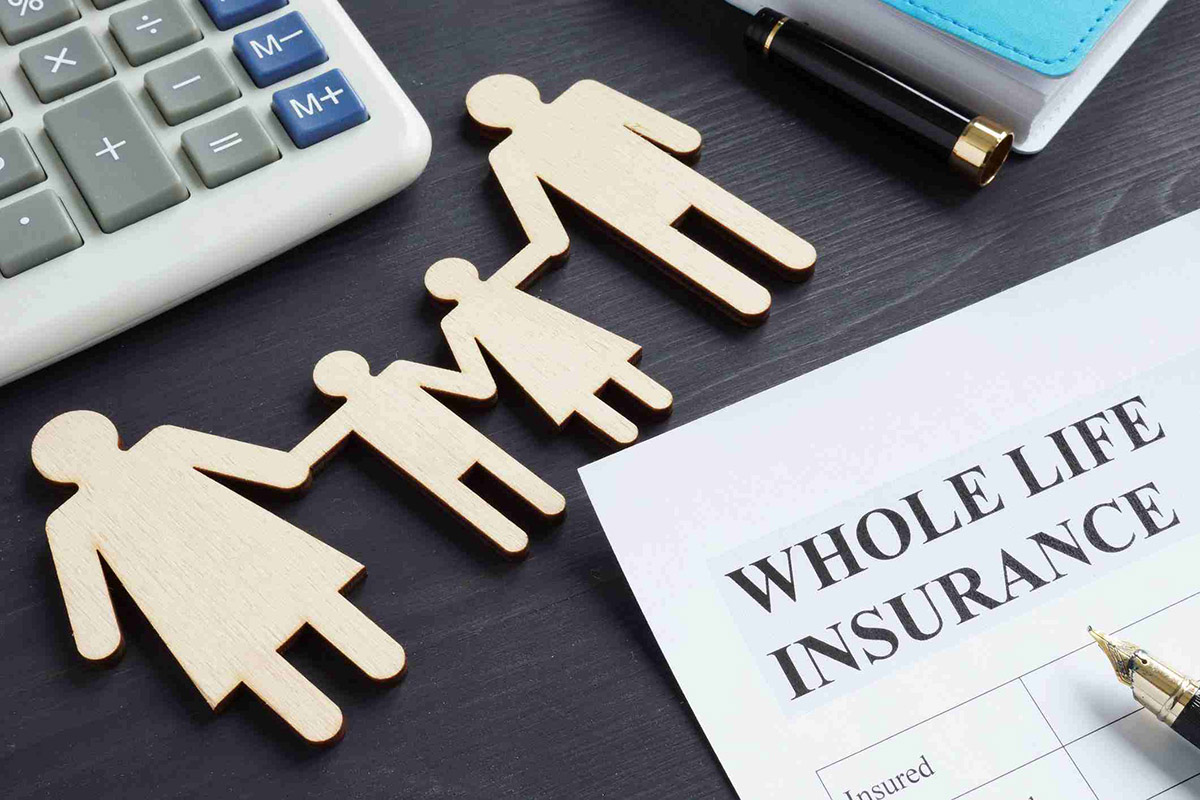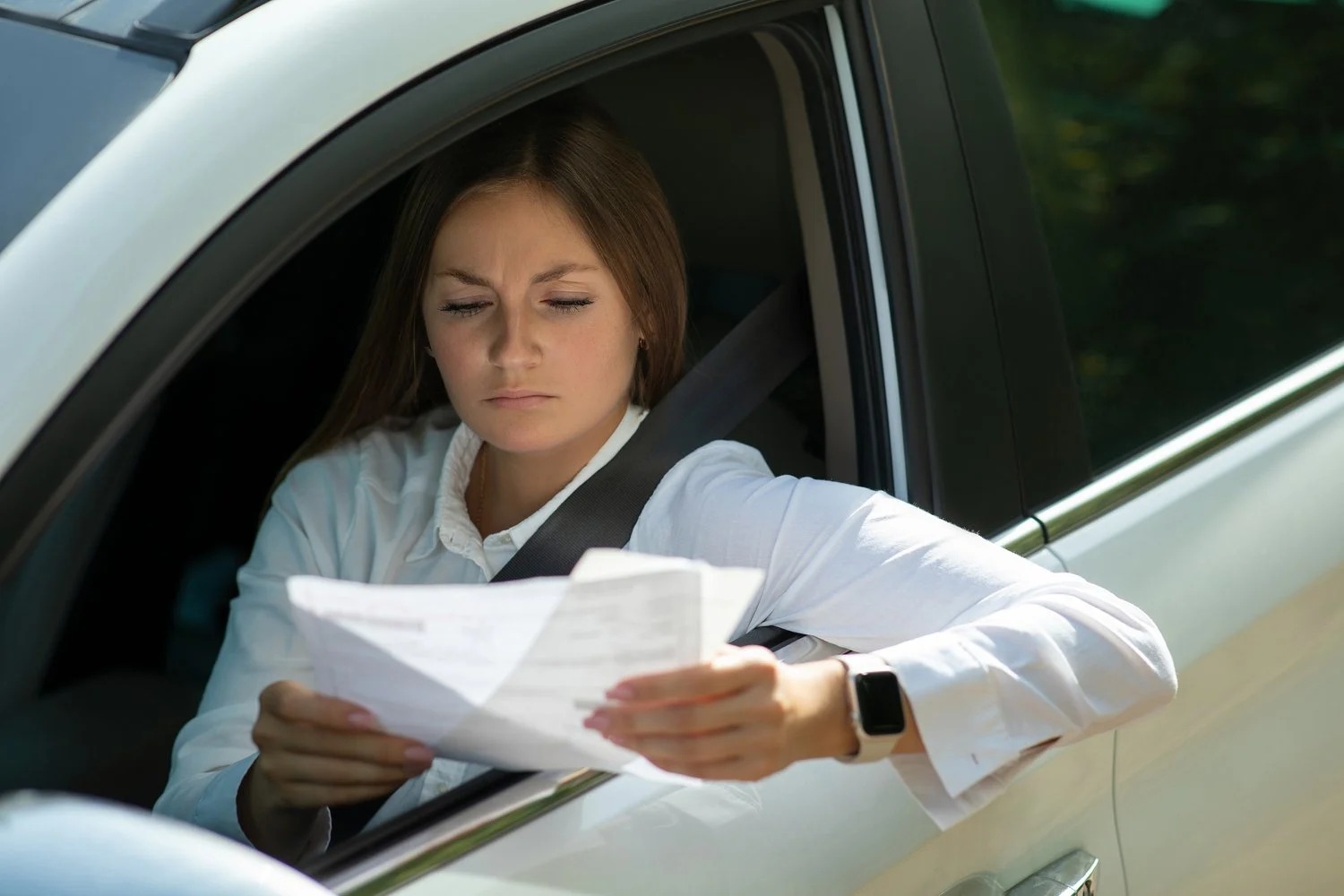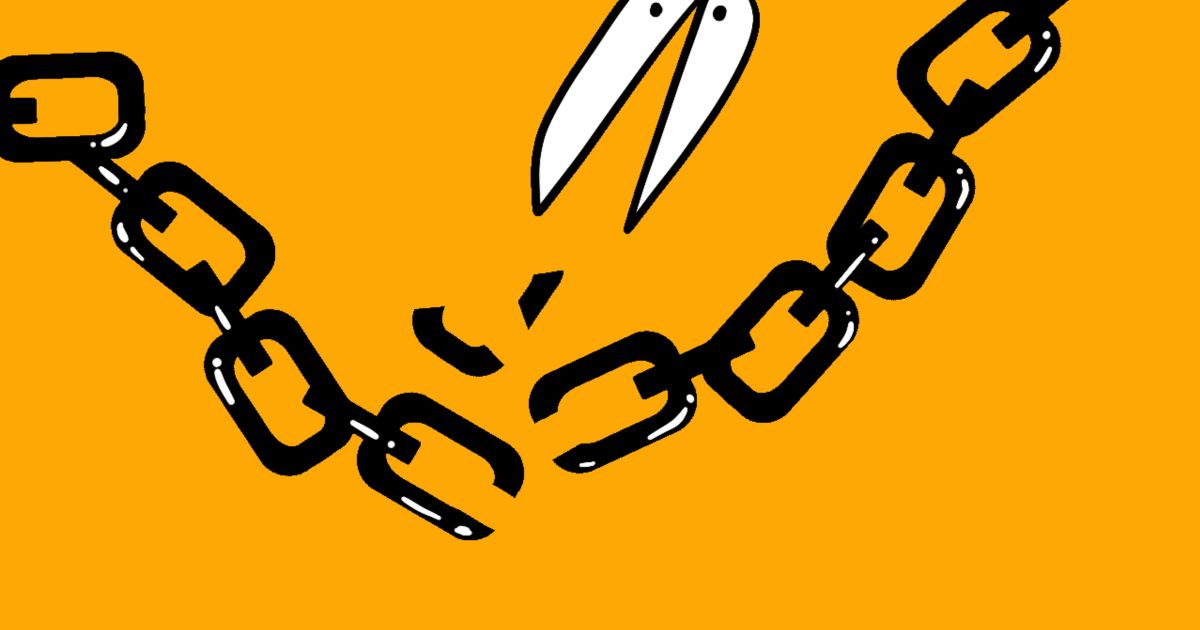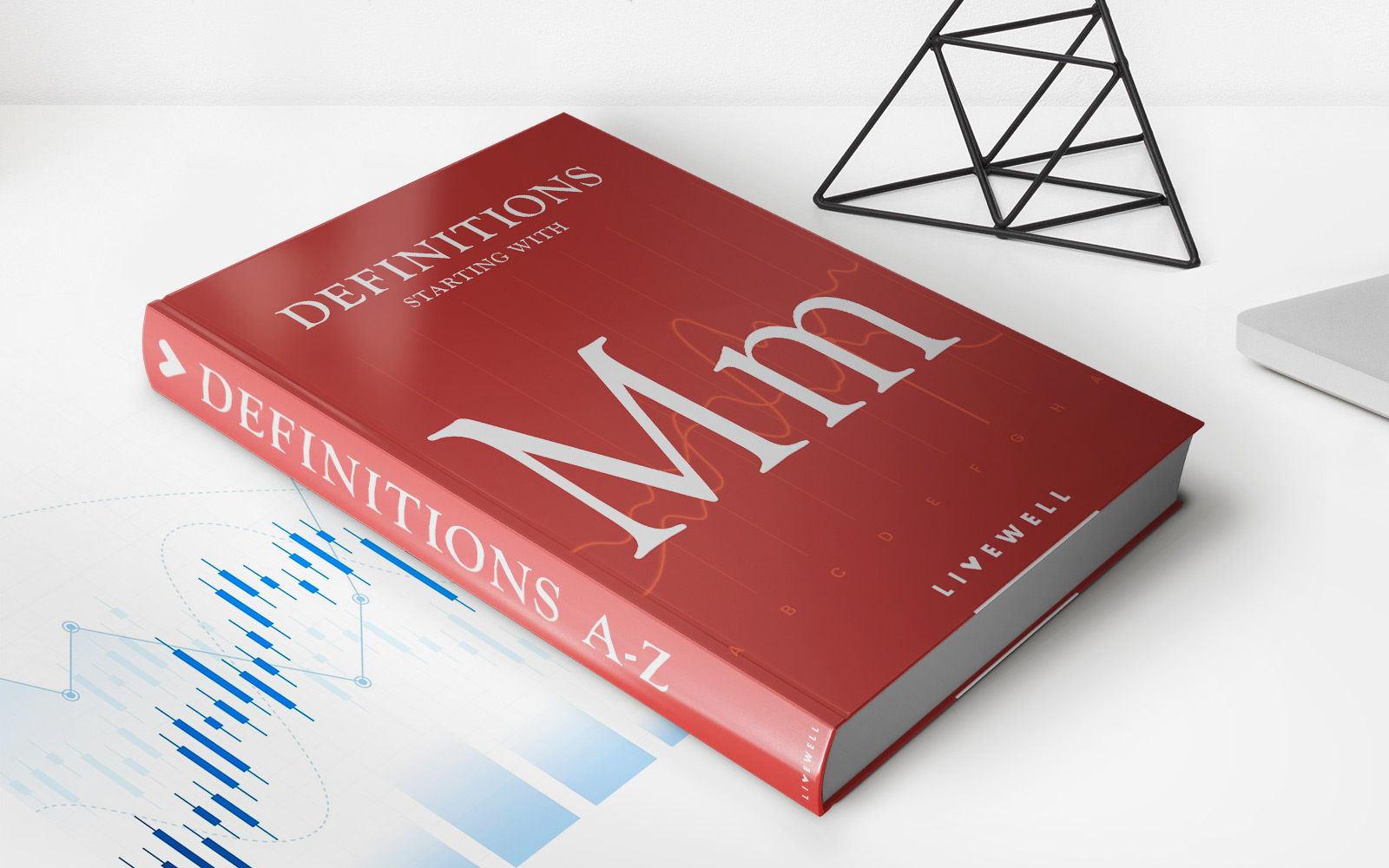Home>Finance>What Happens When Your Car Insurance Gets Cancelled
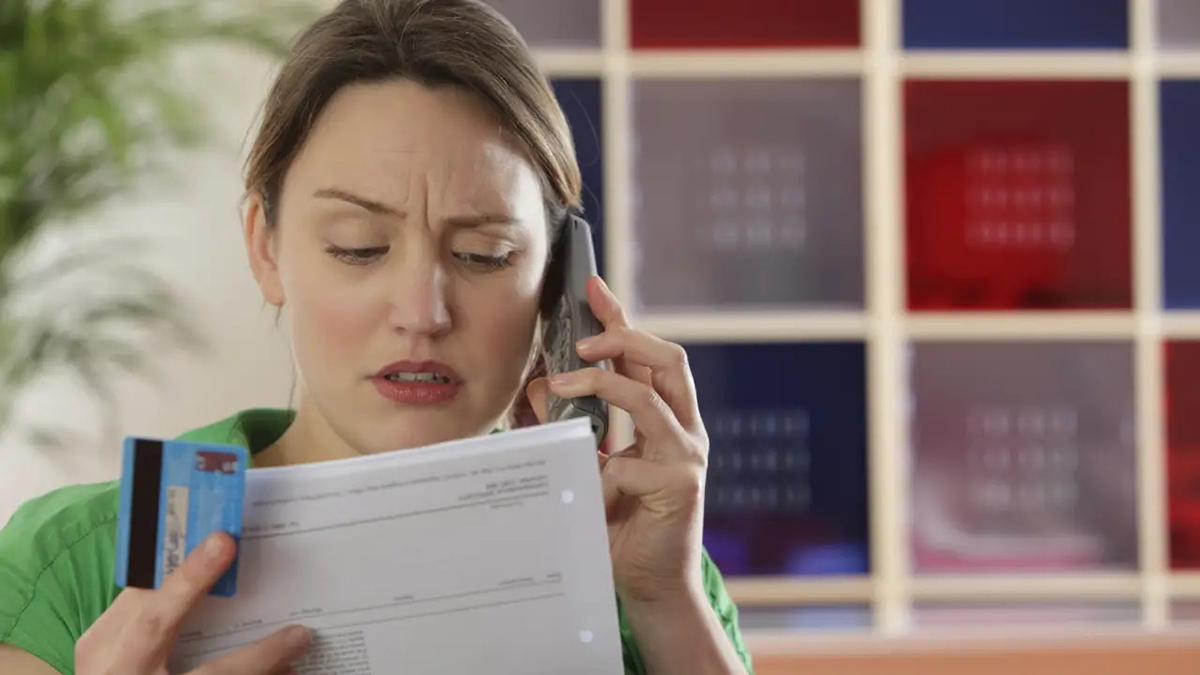

Finance
What Happens When Your Car Insurance Gets Cancelled
Published: November 21, 2023
Discover the consequences and steps to take when your car insurance gets cancelled. Explore how this finance-related issue can impact your coverage and financial stability.
(Many of the links in this article redirect to a specific reviewed product. Your purchase of these products through affiliate links helps to generate commission for LiveWell, at no extra cost. Learn more)
Table of Contents
Introduction
Car insurance is a crucial aspect of owning a vehicle. It provides financial protection in case of accidents, theft, or damage to your vehicle. However, there may come a time when your car insurance policy gets cancelled. This can happen due to various reasons, and it’s important to understand the implications and take appropriate action.
When your car insurance gets cancelled, it means that your coverage is no longer in effect. This can leave you vulnerable and exposed to significant financial risks if you continue driving without insurance. Understanding why your car insurance was cancelled and what steps to take next is essential to ensure your safety and compliance with legal requirements.
In this article, we will explore the common reasons for car insurance cancellation, the consequences of driving without insurance, and the steps you should take if your car insurance policy is cancelled. We will also provide guidance on finding a new car insurance policy to regain the necessary coverage.
It’s worth noting that every insurance provider has its own policies and procedures for cancellation, so the specific details may vary. However, the fundamental concepts and actions discussed in this article apply to most car insurance cancellations.
So, whether you’ve had your car insurance cancelled recently or simply want to be prepared for such a situation in the future, read on to arm yourself with the knowledge to navigate through the potential challenges and ensure your vehicle is adequately protected.
Common Reasons for Car Insurance Cancellation
There are several reasons why your car insurance policy may be cancelled by your insurance provider. It is crucial to be aware of these reasons to avoid them and maintain continuous coverage. Here are some of the most common causes for car insurance cancellation:
- Non-payment of premiums: Failure to pay your car insurance premiums on time can lead to cancellation. Insurance companies require timely payments to maintain coverage. If you consistently miss payments, your policy may be cancelled.
- Fraudulent activities: Engaging in fraudulent activities, such as providing false information on your insurance application or submitting fraudulent claims, can result in immediate cancellation. Insurance companies have strict policies against fraud, and any misleading or dishonest actions can lead to severe consequences.
- License suspension: If your driver’s license is suspended, your insurance company may cancel your policy. Driving without a valid license is illegal and poses a significant risk, and insurance providers are unlikely to provide coverage under such circumstances.
- Multiple traffic violations: If you accumulate several traffic violations or citations within a short period, your insurance company may deem you a high-risk driver and choose to cancel your policy. Reckless driving behavior can signal increased liability for the insurer.
- Failure to disclose changes in circumstances: Failing to notify your insurance company about significant changes, such as a new address, a change in primary vehicle usage, or the addition of new drivers to your policy, can result in cancellation. Insurance providers rely on accurate information to assess risk and calculate premiums.
- Termination by the insurance company: Insurance companies have the right to terminate policies for various reasons, such as changes in underwriting guidelines, financial instability, or business decisions. This can happen even if you have been a longtime customer with a clean driving record.
It is important to keep in mind that each insurance provider has its own specific criteria and policies regarding cancellation. Remember to review your policy documents carefully to understand the conditions and factors that may lead to cancellation.
Next, let’s explore the consequences of having your car insurance cancelled.
Consequences of Car Insurance Cancellation
Having your car insurance cancelled can have significant consequences and can leave you financially vulnerable and exposed to legal risks. Here are some of the potential consequences of driving without car insurance:
- Financial liability: If you are involved in an accident and do not have insurance, you may be held personally responsible for all damages, medical expenses, and legal fees. This can lead to substantial financial burden and even bankruptcy if the costs are too high to bear.
- Loss of legal protection: Car insurance provides legal protection, ensuring that you have the necessary coverage in case of accidents or damage to your vehicle. Without insurance, you may face legal consequences, fines, and even the suspension of your driver’s license.
- Difficulty obtaining insurance in the future: If your car insurance is cancelled, it may be challenging to find a new insurance provider willing to cover you, especially if the cancellation was due to high-risk behavior or fraudulent activities. Insurance companies may consider you a higher risk and may offer coverage at significantly higher premiums.
- Impact on your credit score: Car insurance cancellation can have a negative impact on your credit score. Insurance companies may report the cancellation to credit agencies, which can affect your ability to secure loans, mortgages, or other financial services in the future.
- Voiding loan or lease agreements: If you have a loan or lease agreement on your vehicle, the terms may stipulate that you must maintain comprehensive and collision insurance. If your insurance is cancelled, you may be in violation of the agreement, potentially resulting in the termination of the loan or lease.
- Loss of coverage benefits: Car insurance offers benefits beyond accident coverage, such as roadside assistance, rental car reimbursement, and coverage for theft or vandalism. Without insurance, you lose these benefits, leaving you responsible for any additional expenses that may arise.
These consequences highlight the importance of maintaining continuous car insurance coverage. It is essential to be proactive and take the necessary steps to restore your coverage or find an alternative insurance policy if your car insurance is cancelled. In the next section, we will discuss the actions you should take if your car insurance policy is cancelled.
Steps to Take When Your Car Insurance is Cancelled
If your car insurance policy has been cancelled, it’s important to take prompt action to protect yourself and remain in compliance with legal requirements. Follow these steps to navigate through the situation effectively:
- Contact your insurance company: As soon as you receive notice of cancellation, reach out to your insurance company to understand the reason for cancellation and possible resolution options. They can provide guidance on next steps and any potential alternatives.
- Review your cancellation notice: Carefully read the cancellation notice provided by your insurance company. This document will provide important details, including the effective date of cancellation and any specific requirements or instructions for reinstating your policy.
- Assess the reasons for cancellation: Understand why your insurance was cancelled and take necessary actions to address the underlying issues. This may include paying outstanding premiums, updating information, or rectifying any fraudulent activities, if applicable.
- Consider filing an appeal: If you believe that the cancellation was unjust or based on incorrect information, you may have the option to file an appeal with your insurance company. Provide supporting evidence or documentation to support your case.
- Explore alternative insurance options: If your current insurance company is unable to reinstate your policy, begin searching for alternative insurance providers. Consider reaching out to brokers or using online comparison tools to find suitable coverage at competitive rates.
- Ensure continuous coverage: It is crucial to have continuous car insurance coverage to protect yourself and remain compliant with legal requirements. Avoid driving without insurance, as it can lead to severe consequences. If necessary, arrange for temporary coverage or secure a new insurance policy.
- Provide proof of new insurance: Once you have obtained a new insurance policy, make sure to provide proof of coverage to relevant parties, such as your state’s Department of Motor Vehicles (DMV) or any lienholders. This will ensure that you are in compliance with any legal obligations.
- Re-evaluate your coverage needs: Take this opportunity to reassess your coverage needs and make sure you have sufficient protection for your vehicle. Consider factors such as your driving habits, the value of your car, and any additional coverage options that may benefit you.
Remember, it’s essential to act quickly and diligently if your car insurance is cancelled. By taking these proactive steps, you can protect yourself financially, remain compliant with legal requirements, and secure appropriate coverage for your vehicle.
Finding a New Car Insurance Policy
If your car insurance policy has been cancelled, it’s crucial to find a new insurance provider to ensure continuous coverage and protect yourself financially. Here are some steps to help you find a new car insurance policy:
- Research insurance providers: Start by researching different insurance companies to find reliable and reputable providers. Look for companies that have positive customer reviews, strong financial stability, and a good track record of claims handling.
- Compare quotes: Obtain quotes from multiple insurance providers to compare coverage options and premiums. Use online comparison tools or work with an insurance broker to streamline the process and ensure you’re getting the best possible rates.
- Consider coverage options: Evaluate your coverage needs and consider the different options available. Assess whether you need comprehensive and collision coverage, liability coverage limits, additional benefits like roadside assistance, or other specific coverage options based on your circumstances.
- Check for discounts: Inquire about any discounts or savings opportunities provided by insurance companies. Discounts may be available for safe driving records, multiple policies (such as bundling car and home insurance), vehicle safety features, or even being a member of certain organizations.
- Review policy terms: Carefully review the terms and conditions of the policy to understand the coverage details, deductibles, and any exclusions or limitations. Ensure that the policy meets your requirements and aligns with your budget.
- Provide accurate information: When applying for a new insurance policy, provide accurate and up-to-date information. Disclose any relevant details about your driving history, previous claims, or other factors that may impact your premiums or policy eligibility. Honesty is crucial to avoid potential issues or cancellation in the future.
- Consider bundling: If you have other insurance needs like homeowners or renters insurance, consider bundling your policies with the same provider. Bundling can often lead to discounts and simplified management of your insurance coverage.
- Review policy periodically: Once you have selected a new car insurance policy, periodically review your coverage to ensure it remains suitable for your needs. Adjust your coverage levels as your circumstances change, and regularly compare quotes to ensure you’re still getting the best value.
Remember, it’s important to act promptly to secure a new insurance policy after your previous policy is cancelled. Driving without insurance can lead to serious legal and financial consequences. By following these steps and being proactive in your search, you can find a new insurance policy that meets your needs and provides the necessary coverage for your vehicle.
Frequently Asked Questions about Car Insurance Cancellation
Car insurance cancellation can be a confusing and stressful experience. To help clarify any doubts or questions you may have, here are answers to some commonly asked questions:
- Can an insurance company cancel my policy at any time?
- How much notice should I receive before my policy is cancelled?
- Can I appeal a car insurance cancellation?
- Will a cancelled insurance policy affect my ability to get new coverage?
- Can I drive without insurance if my policy is cancelled?
- What should I do if I can’t afford car insurance?
- Can my insurance be cancelled if I file a claim?
Yes, insurance companies have the right to cancel your policy under certain circumstances. However, they must provide sufficient notice and a valid reason for cancellation based on the terms of the policy.
The amount of notice required varies depending on the state and insurance company. Typically, you should receive a written notice at least 10 to 30 days before the cancellation takes effect. The notice will include the reason for cancellation and any steps you can take to potentially prevent it.
Yes, you may be able to appeal a car insurance cancellation. Contact your insurance company to inquire about the appeal process and provide any supporting documentation to support your case. Keep in mind that acceptance of the appeal is at the discretion of the insurance company.
Yes, a cancelled insurance policy can make it more difficult to obtain new coverage. Some insurance companies may view a cancellation as a red flag and consider you a higher risk. However, there are still options available, including specialized insurers who cater to high-risk drivers.
No, it is illegal to drive without insurance in most jurisdictions. If your policy is cancelled and you continue to drive without insurance, you may face legal consequences, fines, and potential suspension of your driver’s license.
If you’re facing financial difficulties and struggling to afford car insurance, consider exploring options such as adjusting coverage levels, increasing deductibles, or seeking out insurance companies that offer payment plans or discounted rates for low-income individuals.
Insurance companies generally cannot cancel your policy solely because you filed a claim. However, if you file numerous claims or engage in fraudulent activities, it may raise red flags and lead to further scrutiny or potential cancellation.
It’s important to remember that specific policies and regulations can vary, so it’s always best to consult your insurance provider and review the terms of your policy for accurate and up-to-date information regarding car insurance cancellations.
Conclusion
Car insurance cancellation can happen for various reasons, but it’s important to understand the consequences and take appropriate action to protect yourself financially and legally. Whether your car insurance policy has been cancelled or you want to be prepared for such a situation, knowing the common reasons for cancellation, the potential consequences, and the steps to take is essential.
When your car insurance is cancelled, it can leave you vulnerable to financial liability, loss of legal protection, and difficulty obtaining coverage in the future. To mitigate these risks, promptly contact your insurance company, review the cancellation notice, and assess the reasons for cancellation. Taking corrective action, appealing if necessary, and finding alternative insurance options are crucial steps to regain coverage.
Researching insurance providers, comparing quotes, and understanding your coverage needs will help you find a new car insurance policy that aligns with your requirements. Remember to provide accurate information, review policy terms, and periodically review your coverage to ensure it remains suitable.
Lastly, be aware of the legal and financial implications of driving without insurance and follow the appropriate steps to comply with legal requirements. By being proactive and well-informed, you can navigate through the challenges of car insurance cancellation and ensure that your vehicle is adequately protected.
